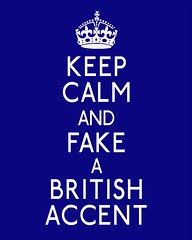
I've been reading about Afghanistan again, another book by a young Brit. Rory Stewart this time - officer, Oxford graduate, diplomat, deputy governor in Iraq, Harvard fellow, founder of charity, walker, OBE, writer and now candidate for the Conservative party in Penrith and Border - and he is only 36. The book is about his walk across Afghanistan in 2002, which was part of a longer walk, from Iran through Pakistan, India, Afghanistan and Nepal. He just up and walked. Alone, most of the time, through difficult terrain, hostile tribal areas and often without any connection back to the "civilised" world." I am just so impressed with this guy. And he seems like a nice person too, neither arrogant nor superior, though you have to have a rich supply of self-confidence to accomplish what he has done.
One of his objections to the western military intervention in Afghanistan is that the west tries to fit a western idea of government, state and democracy on to a region that is just too diverse. In an article in the Daily Telegraph this summer, he explains: "It is impossible for Britain and its allies to build an Afghan state. They have no clear picture of this promised "state", and such a thing could come only from an Afghan national movement, not as a gift from foreigners. Is a centralised state, in any case, an appropriate model for a mountainous country, with strong traditions of local self-government and autonomy, significant ethnic differences, but strong shared moral values? And even were stronger central institutions to emerge, would they assist Western national security objectives?" I think he has a point, and the full article is well worth reading, as is his book.





